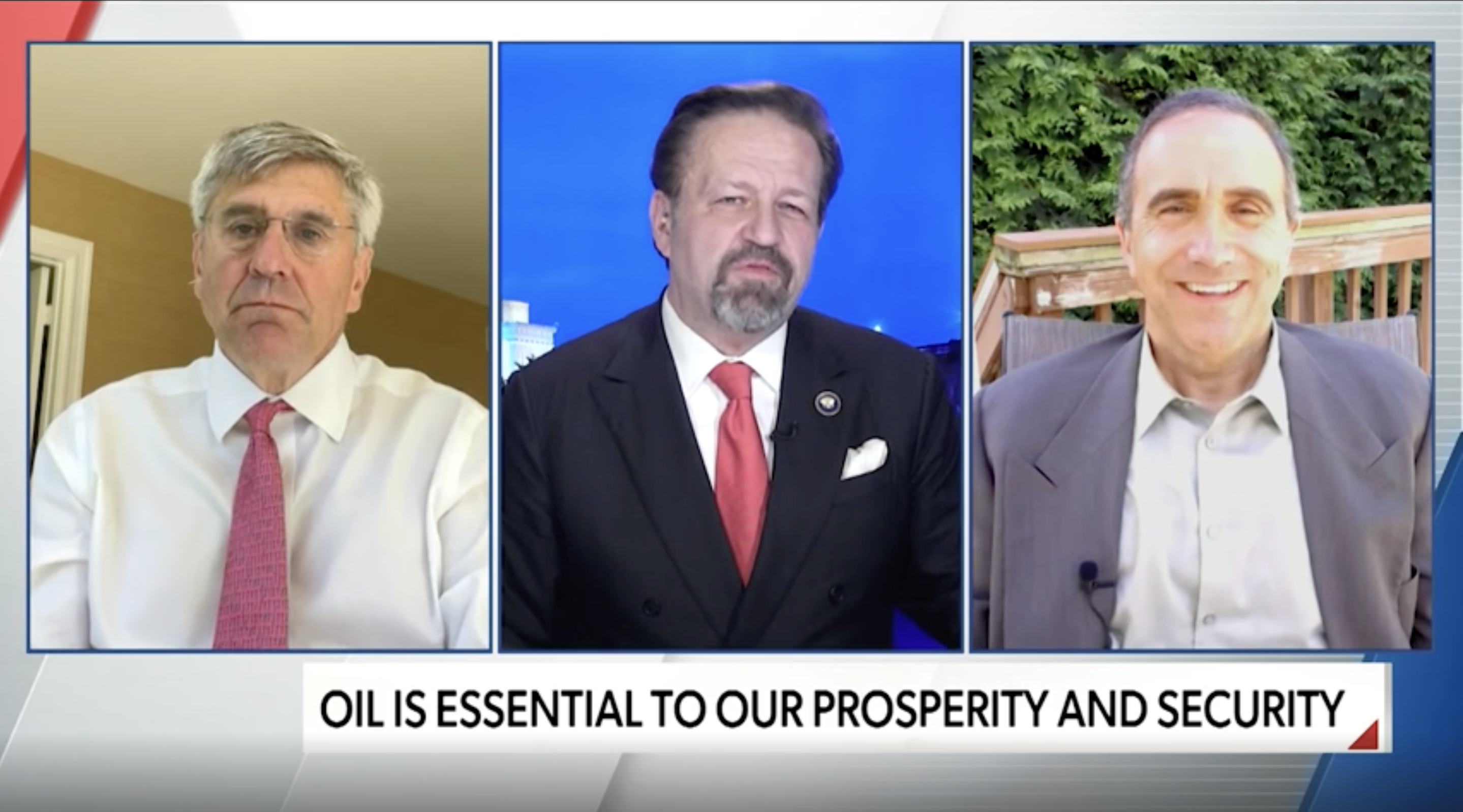LONDON, July 8 — Carbon markets, the free-enterprise solution to saving the world from global warming, are now in danger themselves.
The idea was simple enough: Set a cap on carbon emissions, issue enough permits to allow power plants, refineries and the like to stay within those limits and then shrink the cap over time to achieve reductions. The companies whose emissions fall fastest can sell their permits for a profit to slower responders — call it a reward for good behaviour.
The reality, though, is more complex. Undercut by a lack of political will on the size of caps and overtaken by costly new environmental mandates, carbon markets in the US, Europe and Asia are collapsing, with prices so low they’ve become virtually valueless. The credits auctioned in the US Northeast in June, for instance, sold for just US$4.53 (RM18.27) a short tonne, a 40 per cent drop from December.
“Climate policy has been muddled and messy,” said Michael Grubb, a professor at University College London’s Institute for Sustainable Resources who has advised the UK energy regulator. “Governments have set inadequate targets due to lobbying pressures and because they didn’t think carefully enough about overlapping efforts. That has destroyed investor confidence that carbon prices will rise.”
The idea of a carbon market originated 20 years ago with Richard Sandor, an economist who also pioneered interest-rate futures and derivatives at the Chicago Board of Trade. Today, there are 38 countries, cities, states and provinces using pricing systems in an attempt to put a lid on greenhouse gases, according to the World Bank.
The problem is that the permits are selling at a slower and slower rate. The surplus of allowances is becoming so large in systems run by Europe, California and Quebec — which together account for more than 90 per cent of global trading — that by 2022 it could cover the emissions spewing from every car on Earth for a full year, according to estimates by the London environmental group Sandbag Climate Campaign CIC and Bloomberg New Energy Finance.
In California’s market, all 23 million allowances sold in an auction in 2014. In May, 7.3 million permits found buyers, only 11 per cent of what was put up for sale.
– See more at: http://www.themalaymailonline.com/money/article/tough-task-to-prevent-global-warming-when-carbon-is-this-cheap#sthash.EwchrFQQ.dpuf


